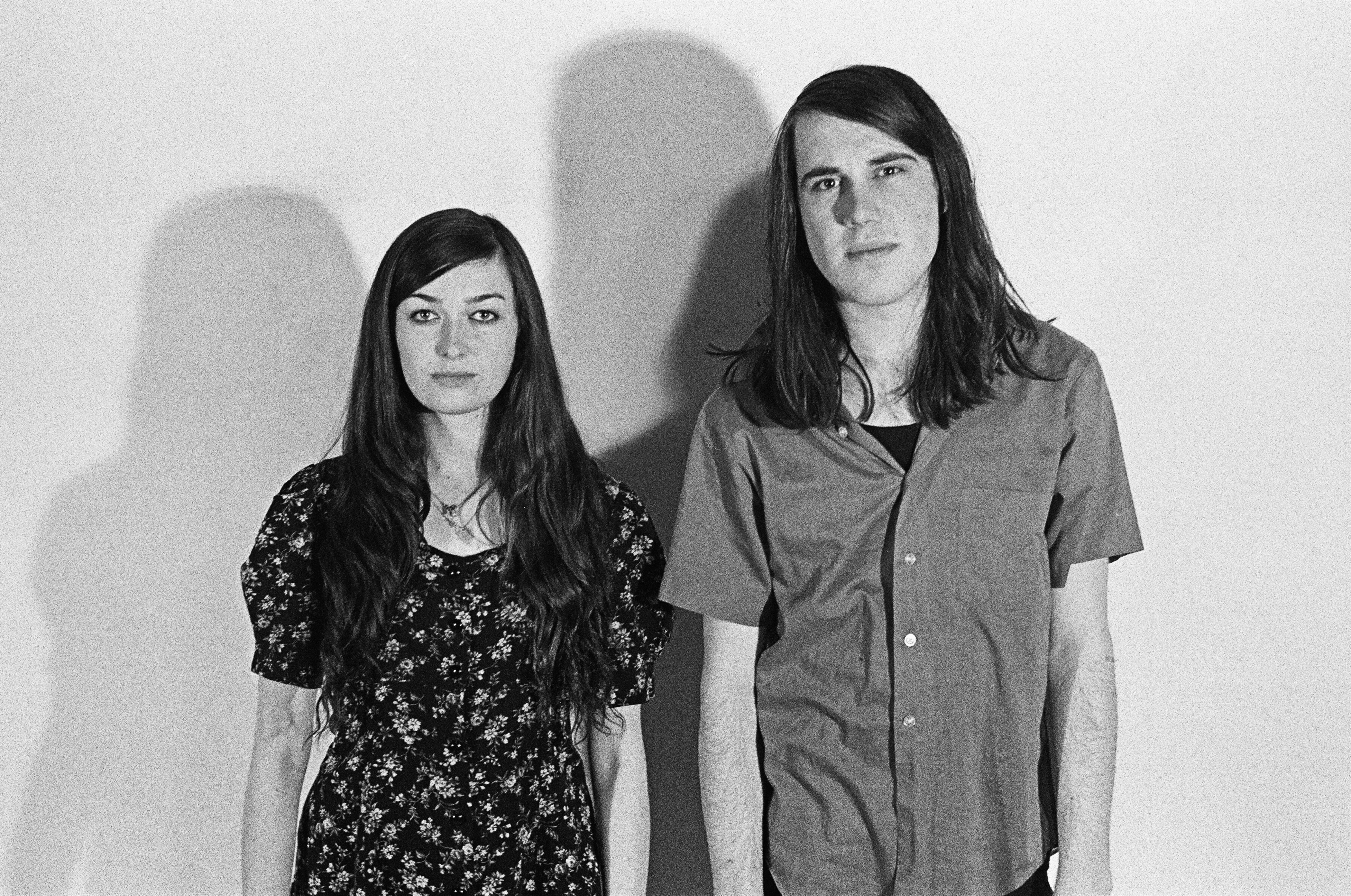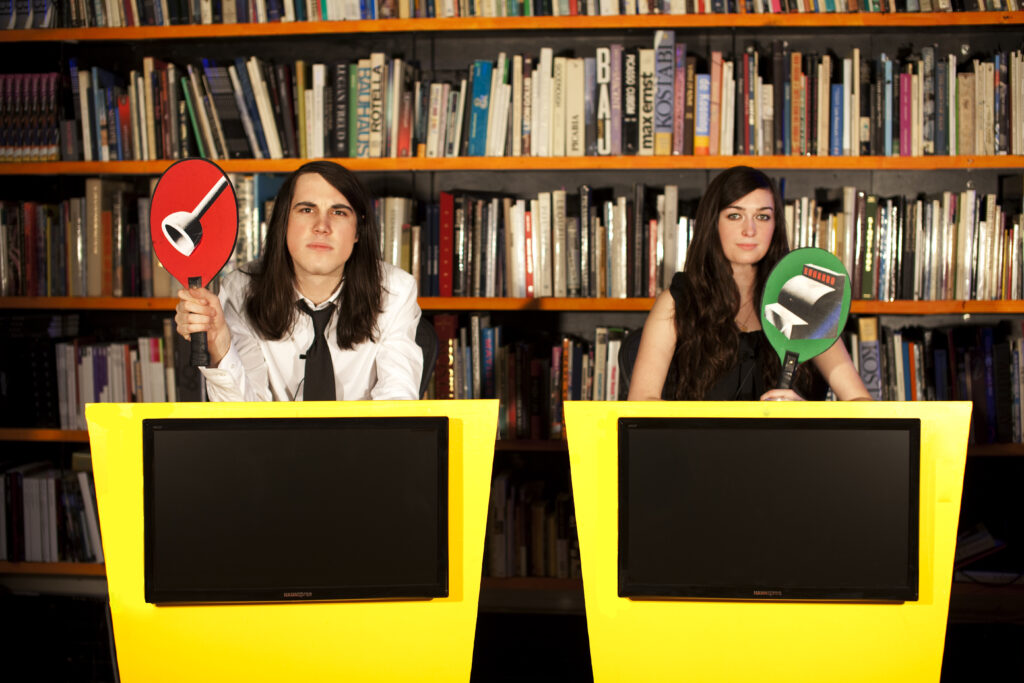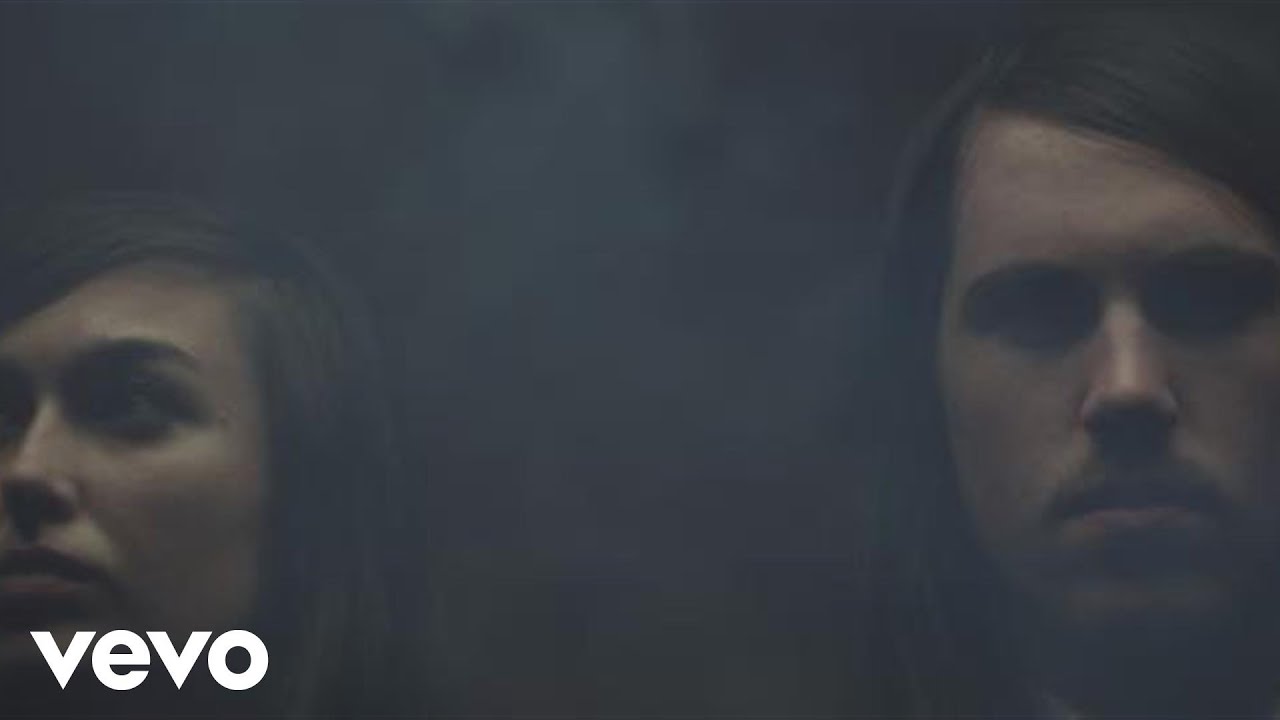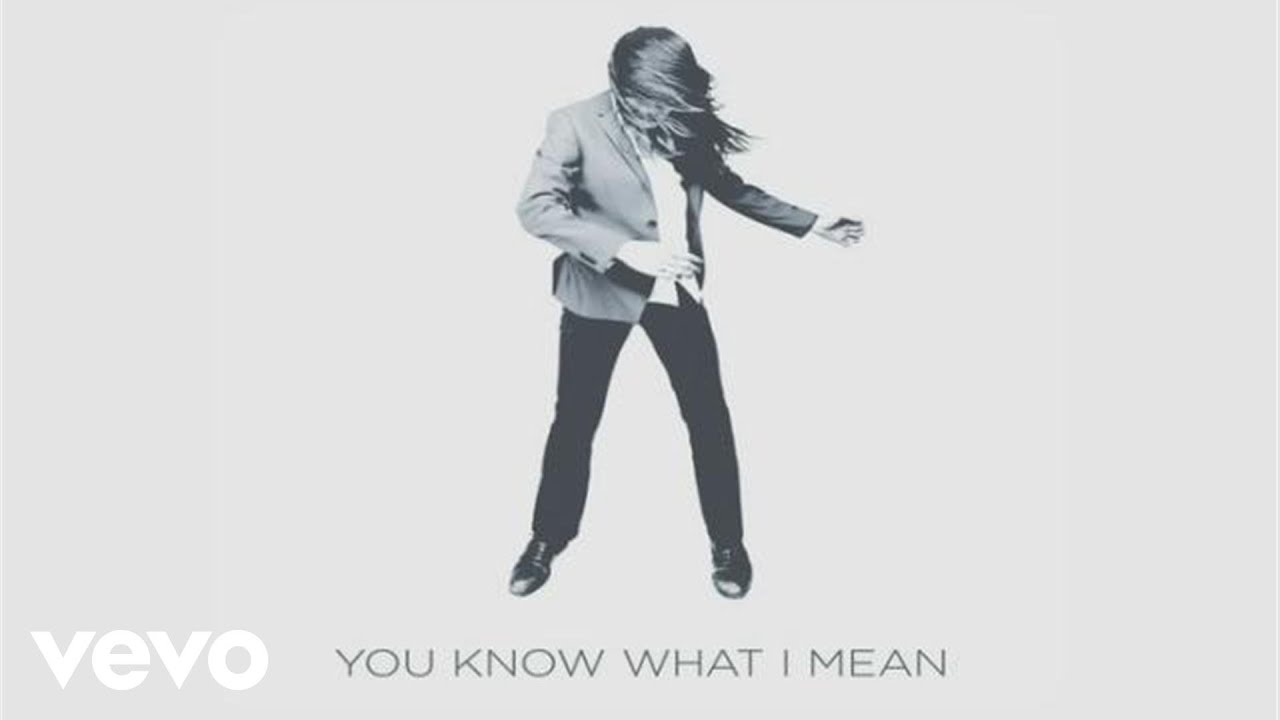The Germans call it ohrwurm. It’s that section of a song – the ear worm – that burrows a path into your brain and stays there. ‘Go Outside’ by Cults contains a big, fat ohrwurm, and is indicative of the Brill Building-meets-Sonic Youth sound of the New York duo’s impressive debut album.
Cults are Madeline Follin and Brian Oblivion, who met while the latter was tour managing Follin’s brother’s band. After bonding over music during a nine-hour road trip to San Francisco, the pair wrote some tracks and posted them on Bandcamp. People seemed to like the songs – a lot. Fast-forward a year and Cults have dropped out of university, signed to Lily Allen’s Sony/Columbia imprint In The Name Of and recently headlined their first UK tour. We catch up with them at their Manchester show, where their short set is aural catnip for the largely teenage crowd who appear drunk on Cults’ brand of exhilarating pop. Indeed, Cults have got the tunes, and Follin emotes like a heartbroken 60s pop diva – albeit with a huge smile on her face.
Our interview takes place on a bench in the Mancunian drizzle. Before we get onto any ‘proper’ questions, Madeline and Brian (who takes his name from the Videodrome character Brian O’Blivion) chit-chat about the impending doom of the American X Factor and a chance restaurant meeting with fellow Sony label mate, Susan Boyle.
So, did SuBo have any advice for you?
Madeline Follin: She said ‘You’re a singer, are yee?’ and then she said ‘Get out while you can’. Her folks said to her ‘Susan, they’ve just signed to Sony’ and she looked at us and said ‘Are yee ill?’ She touched me to see if I had a fever. I haven’t washed since.
Brian Oblivion: She had a really impressive moustache. I felt embarrassed – my manhood was threatened.
This is your first tour in the UK outside London. What have you made of the provinces?
BO: We’ve been laughing hysterically, because we’d never really been outside London. Last night we were in Nottingham, and we saw girls dressed in the tiniest little dresses and glitter make-up – and it was so cold and rainy. We saw two fights – the cops went over to break up the first and then another one started right next to them. It’s just pandemonium everywhere. Liverpool was insane; I felt like I was walking through one giant tranny bar. I didn’t know whether it was guys or girls, but I liked it.
Shall we do some serious questions? I believe a fascination in the way religious cults aim to opt out of society was an inspiration for the band. Can you elaborate on that?
BO: When the band started, I think we were both romanticising about that idea of living such a violently individual life and having the liberal idea that there is nothing wrong with that. Over time we have learned that, having been in contact with a lot of those organisations, a lot of them are really, really horrible. They have more control and badness and sadness than the modern world. There is this idealised picture of choosing what you want to believe and doing something that people might frown upon, but is ultimately positive, and then there is the harsh reality of control. But bouncing back and forth between that is kind of like a metaphor for how we want to live our lives. I find it all enigmatic and endlessly fascinating.
You released several songs online, but initially did no press or built any social network pages. This seemed to fuel an air of mystery about Cults. Was this the idea?
MF: The funny thing was that some people thought it was some major label scheme that was worked up a long time ago. It wasn’t – we weren’t trying to be mysterious in the first place. It’s only in the last year-and-a-half that we have come out of our shell a little bit. We just didn’t have anything much to say. We are regular people and we made this music and put it up on the internet. We didn’t think anyone was going to listen to it.
BO: We are super-uncomfortable with the notion of celebrity. You can take any artist in the world and you still have no idea what they are like. It’s all showbusiness and people trying to carve out their little niche, to act a certain way and dress a certain way to sell a product. We’d prefer to stay out of it, but it is almost impossible to. That is the reality we have encountered. By withholding yourself, you exert 100 times the energy than if you had just come out and been honest about what you are. People crave it; they berate you. For a while we thought that maybe we just wouldn’t do any interviews and then, after time, people get really pissed off. The public is a very demanding animal and you want to give them something, but it is hard.
I understand the point you are making. People almost require a notion about the type of people you are – as if merely having the music is not enough.
MF: People just take the little things they want to take and then say ‘Oh, so they are this type of band’. In the UK, everyone is really focussed on the boyfriend-girlfriend thing and it is so ‘cutesy and lovely’. The music we are making has nothing to do with us being a couple.
However, I believe you did bond over music early on in your relationship when you shared a nine-hour car journey to San Francisco. What did you listen to on that drive?
MF: We weren’t really bonding. We had been dating a week and we were talking about records and we were disagreeing. But we did listen to the same three records over and over on the drive – Lesley Gore, a John Waters compilation and Sonic Youth’s Rather Ripped.
Did you agree on an initial vision for what you wanted Cults to be about?
BO: We had a broader vision of the message we wanted our band to be about and what we wanted to get across in our songs. I’m always obsessed with this idea that all the best memories you have in your life are the ones where you have transgressed: you broke the rules and got away with it, or did something out of your comfort zone. A lot of our record wanted to be a support system for that kind of action. A song like ‘Most Wanted’ is about the things you really want in life, but are too timid to do something about; we wanted to make a record for our teenage selves.

The album also nods to classic heartbreak pop of Phil Spector. I love the euphoric melodrama in that type of music.
BO: So do we. Our band is about total pessimism and unbridled enthusiasm, looking at the world as a bad place where you can still have a lot of fun. Those moments of sadness and terror and drama are always, in memory, better than stasis. Looking back, you can celebrate [the experience], because it was a time when you were really feeling something. We are trying to make pop music you can feel something to – you can dance, you can emote. We could never make a dreary, introspective album. It wouldn’t be us.
Madeline – I believe you sang on a record with Dee Dee Ramone when you were a small child. Has the experience scarred you for life?
MF: I’m not even fully recovered yet. No, it was really, really fun. I was nine. I got on the microphone when my stepdad was setting up a session and I was a really hyperactive kid, always singing. He was playing a track and I was just screaming over it.
BO: It’s more or less the same way we started our band.
MF: The track is really funny. The band was Youth Gone Mad and the song is ‘Go Outer’.
Aside from the screaming, what is the songwriting process like for Cults?
BO: We write very methodically. I’ve been getting the impression that this is kind of a passé way to write music, but we try and think about the song in a metaphorical way – like a sculpture or something. We will draw a little picture of it beforehand and agree it is going to be a 6/8 ballad with a big chorus and it is going to be a song you can slow-dance to. It is going to have these characters and this kind of feel. Once we have an idea of what it is going to be, we then just go and do it.
That is a very methodical approach to songwriting. Perhaps other musicians might feel it is not arty or emotional enough.
BO: But it’s how every hit song was written in the Brill Building back in the day. It was about sitting down and being clear-minded. Obviously, we get emotional about it on the way through, but in the beginning we see the shape of it. It is something you have to construct, it doesn’t just pour out of you.
You recently signed to Lily Allen’s label In The Name Of. How is she as a label boss?
MF: Usually when we meet up with her, she asks ‘Anything wrong? Who do I need to talk to?’ Her advice is to do whatever we feel is right and don’t let anybody ever push you, or corner you, into doing something you don’t want to do. That’s why we decided to sign to her label, because she has been through the ringer with her record label and she knows what to do and what not to do. It’s absolutely perfect.
Do you have any idea of the future musical direction for Cults?
BO: We had this vision of Nancy Sinatra meets Squarepusher – big, full-voice ballad songs with a full orchestra and then insane electronics. It’s already about five songs in and we will probably do what we did for this record, and write about 35 songs and then get it down to about 11.
So, I guess you won’t be returning to university in the foreseeable future?
MF: Never. Say ‘no’ to school.
BO: My teachers were all so proud of me dropping out. It was art school and I was saying ‘I’m really sorry, but I have to go and pursue something’ and they were like ‘Go, get the hell out here. God, if I was 20 years old and had the chance to do that, I’d fucking kill to do it. I’m stuck here teaching – get on the road’.




